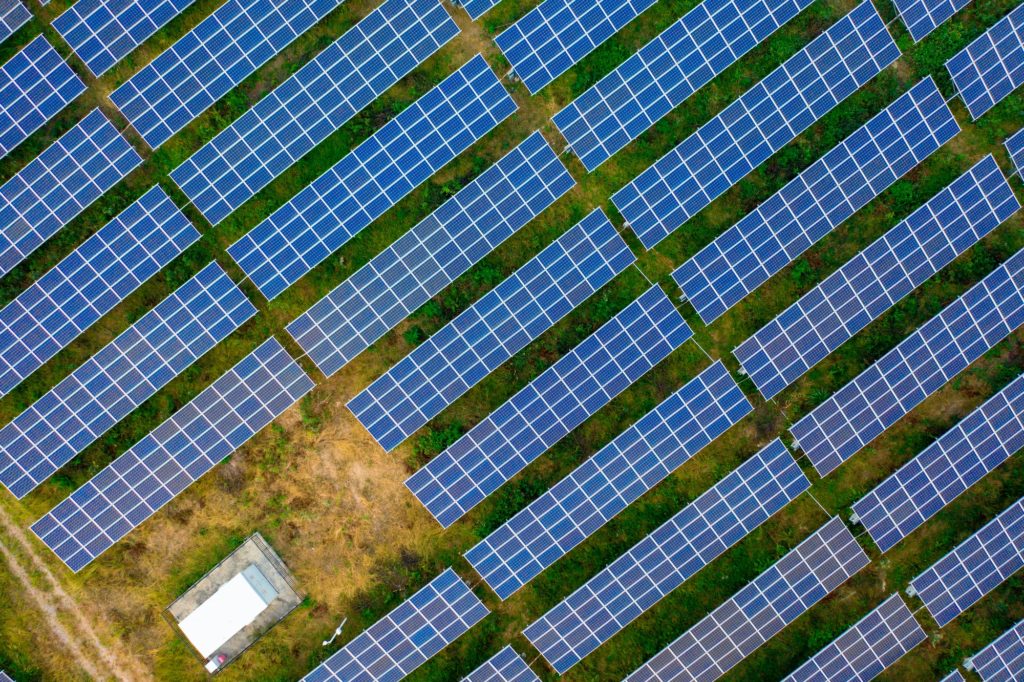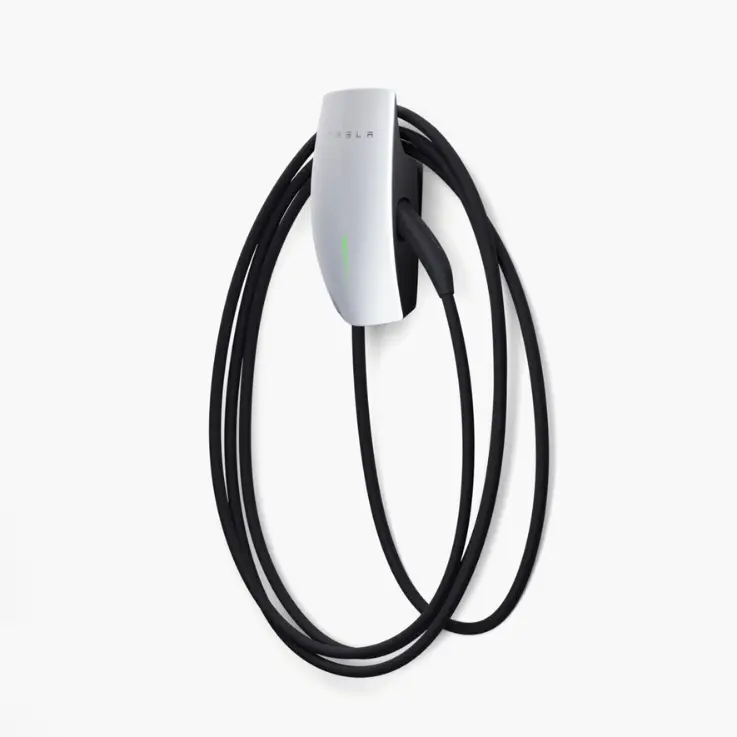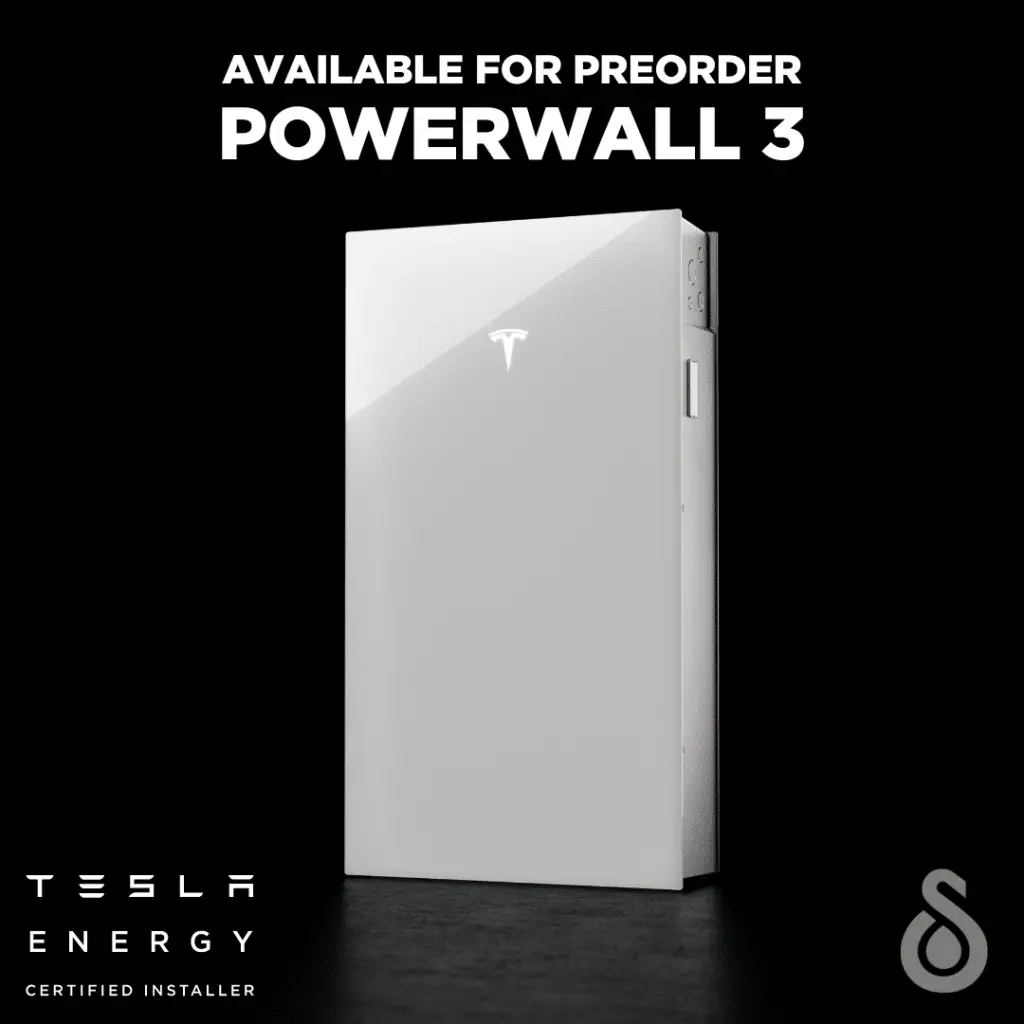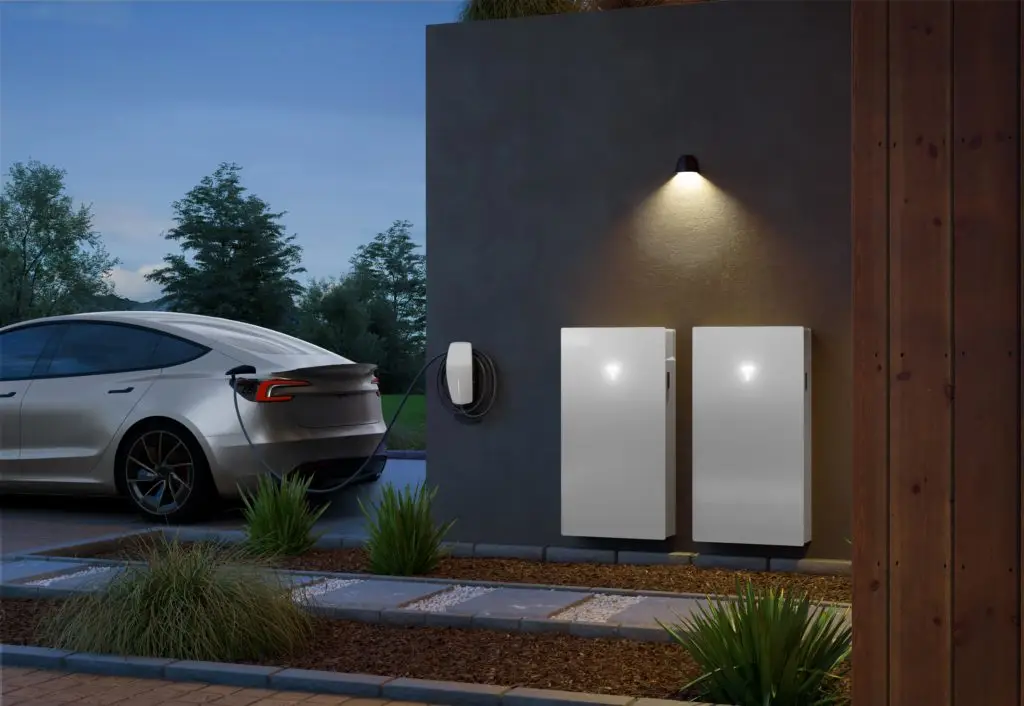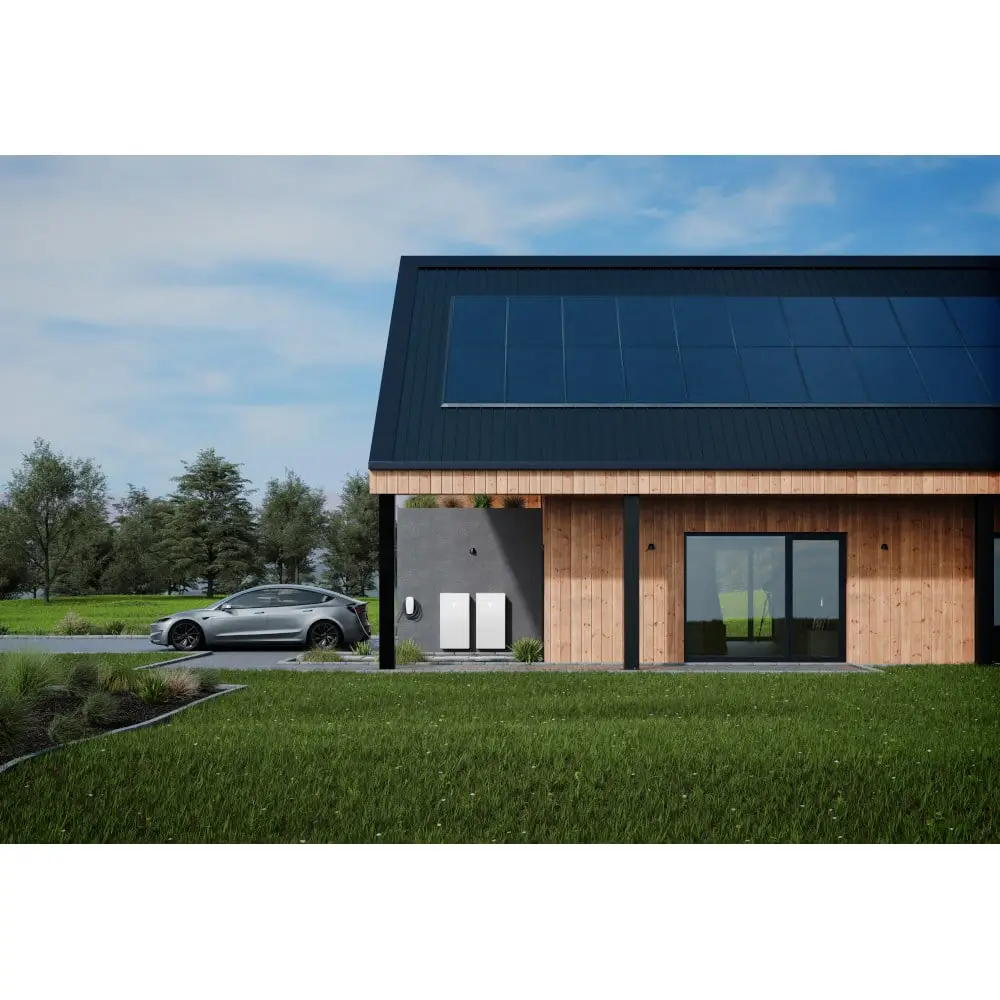Installing a solar hot water system is a good way to reduce your monthly electricity bill.
This system uses the free energy of sunlight, so not only is it economical, but it is also eco-friendly.
While a solar water heater works very well in sunny regions, even in freezing weather it is a reliable source of hot water.
But there are a few things to keep in mind when installing it in a colder climate.
Types of solar hot water that can be used in cold regions
1. A closed-loop indirect system that uses a heat transfer liquid
In this system a heat transfer liquid e.g. antifreeze is pumped into the storage tank.
Thereafter a heat exchanger transfers the heat energy to potable water.
If you are using this system please ensure that there is the correct amount of antifreeze before the onset of winter.
2. A drain-back system
This is a closed-loop system too, but it uses water instead of antifreeze as the heat transfer liquid.
Water is pumped into the solar collector, heated, and then allowed to drain back into the storage tank.
Since the water drains out of the collector automatically and no more water is pumped into the collector, this system has built-in freeze protection.
But if the atmospheric temperature is below freezing, even if it is a sunny day, the drain back system has a risk of freezing.
“In cold weather conditions, it is advisable to use a closed-loop system with some form of refrigerant as the heat transfer liquid”
It is also best to keep a backup water heater that runs on conventional power in case the solar water heater fails.
However many of the coldest regions do not lack sunlight during winter so the solar water heaters function fine.
Another factor to keep in mind is insulation. If your insulation is good enough, not only can you get adequate hot water on a cold day, the heat loss is also minimal.
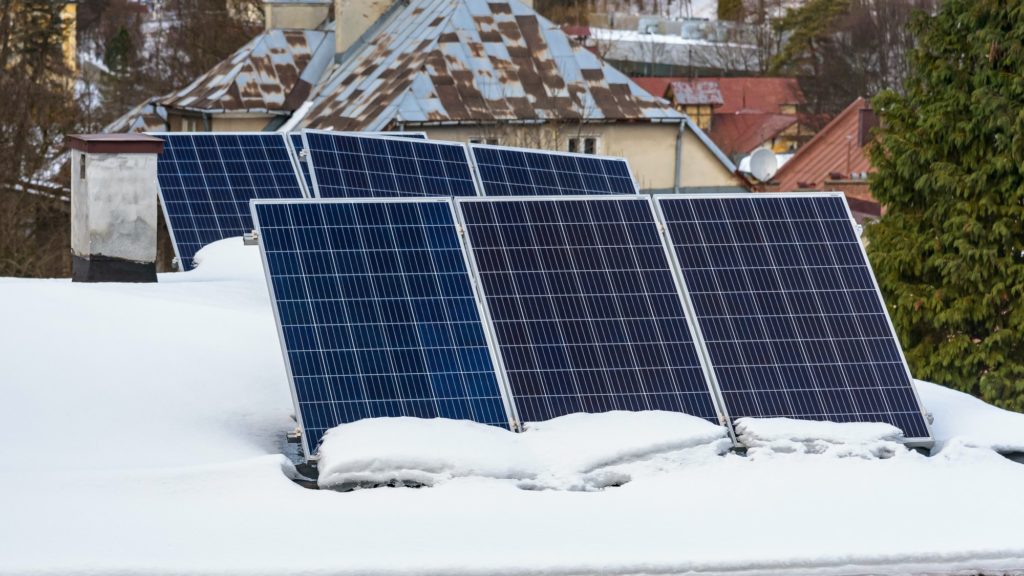
Even if the temperature outside is below freezing; the solar panels will still absorb energy from the sunlight and convert it into electricity which heats the water.
During the summer months, all the water will be heated by solar power. But in winter the hot water heated by the sun will probably drop to 10-20%. So a conventional hot water system may be useful as a backup.
If you’re concerned about the ability of a solar hot water system to provide sufficient hot water during colder months, talk to our expert team. We’ve crunch the numbers and figure out the solar hot water configuration that will be best for your needs.

